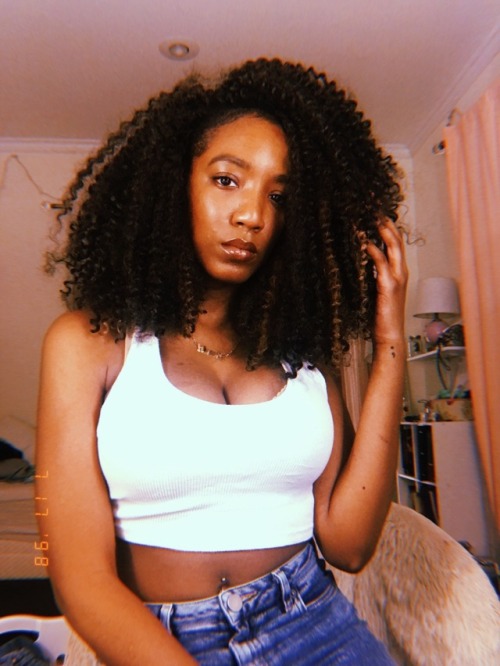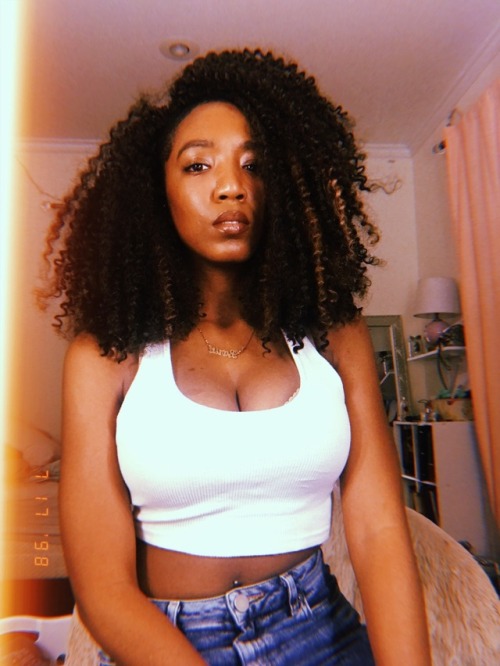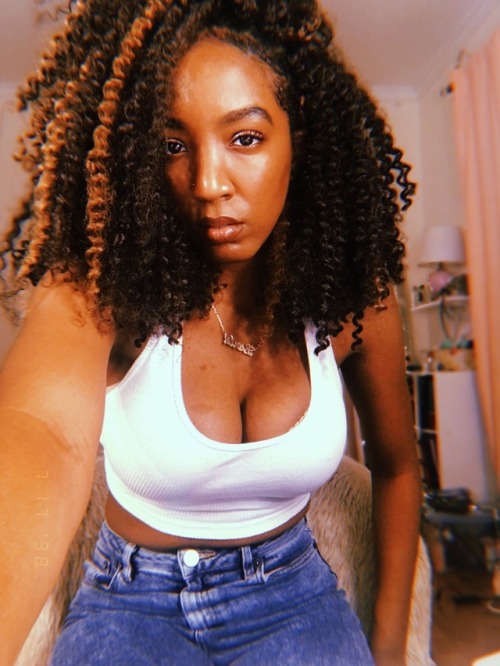#brown women
I’m a feminist, I love women, but I’m really disturbed by stuff I’ve read lately about how women, women’s relationships, women’s spaces, are all magically naturally pure and free of oppression from violence.
The thing about feminist analysis we need to remember is that when we talk about men and women, we’re talking about statistical probability that’s not able to accurately predict life every time.
A randomly-selected man is more likely to be taller than a randomly-selected woman. A randomly-selected man is more likely to earn more money than a randomly-selected woman. That does not mean that any man is taller or richer than any woman, or that every man is richer or taller than every woman.
So many times in debates about sex and gender, these probabilities get hammered out into flat declarative sentences. We know it’s wrong when sexists say, “Men are stronger than women, so women could never play sports against men,” but somehow give it a pass when a feminist says “Women are less violent than men, so it’s not in a woman’s nature to be abusive.”
And as a feminist who’s worked in women’s shelters, I’m beyond disturbed by how feminists twist statistics about violence into the claim that women just don’t have the capacity to be violent or cruel.
Because what that really says is: Women aren’t fully human. We don’t fully exist in the world; our womanhood renders our anger and our aggression invalid. We’re not capable of the kind of moral choices men are.
That isn’t just bullshit, that’s dangerous bullshit. You know who makes that kind of argument?
A woman who wants to hurt other people and get away with it.
Understanding this is also a good way to spot who’s interested in breaking down the social hierarchy that hurts all of us, and who’s just interested in building a new social hierarchy that benefits them instead.
We can’t liberate everyone just by reversing the axis of oppression. If your goal is to hurt other people and get away with it, you aren’t really fighting to end things, you’re just fighting to take control.
All of the above can be directly applied to how white women treat black people, especially black women. White women (including liberals, including feminists,) are some of the worst when it comes to to upholding white supremacist ideas, especially in the face of black women. If you want to know more, go to the sources. Layla F. Saad @laylafsaad talks about this, check out her “Me and White Supremacy Workbook.” Others talk about it as well, but honestly, just google search “how white women uphold white supremacy” and there will be tons of articles.
YESSSSS. White Feminism™: Definitely a thing. White feminists really, really need to read about intersectional feminism andwhite feminism andhow not to be.
There are a lot of ways for humans to be oppressed or hold power over each other. All of us exist in so many overlapping and interlocking social contexts, it just doesn’t make sense to think of ourselves as 100% The Victim All The Time; we usually always have someone who’s smaller or weaker or more marginal than us. We’ve got to understand both sides of the equation, and think critically about how we use the power we have.
Super excited to announce that the graphic novel I’ve been working on for the past two years is finally being published on November 16th!!!! You can pre-order it here on amazon!
“Anna is the daughter of an American couple working in Cairo. Layla is the daughter of the doorman in Anna’s apartment building. Together they strike up an unlikely friendship that is put to the test when both girls are faced with family health crises at home and revolutionary unrest on the streets. As Anna and Layla reckon with illness, risk, and loss in different ways, they learn the power of friendship and the importance of hope. Ultimately, they must recognize that there is still time to fight for a better tomorrow, together. Lissa brings anthropological research to life in comic form. This powerful fictional story deftly bridges the experiences of two young women—one dealing with kidney failure and organ transplantation in Egypt, and the other with breast cancer genetics and prevention in the US. It is the first book in a new series designed to combine scholarly insights with visually rich storytelling in order to foster greater understanding of global politics, inequalities, and social life.”
Post link

a redraw of the very first zo doodle i posted on my instagram 2 years ago. feels like both yesterday and forever ago.
zoya nazyalensky belongs to leigh bardugo.
please do not repost or edit my caption.







